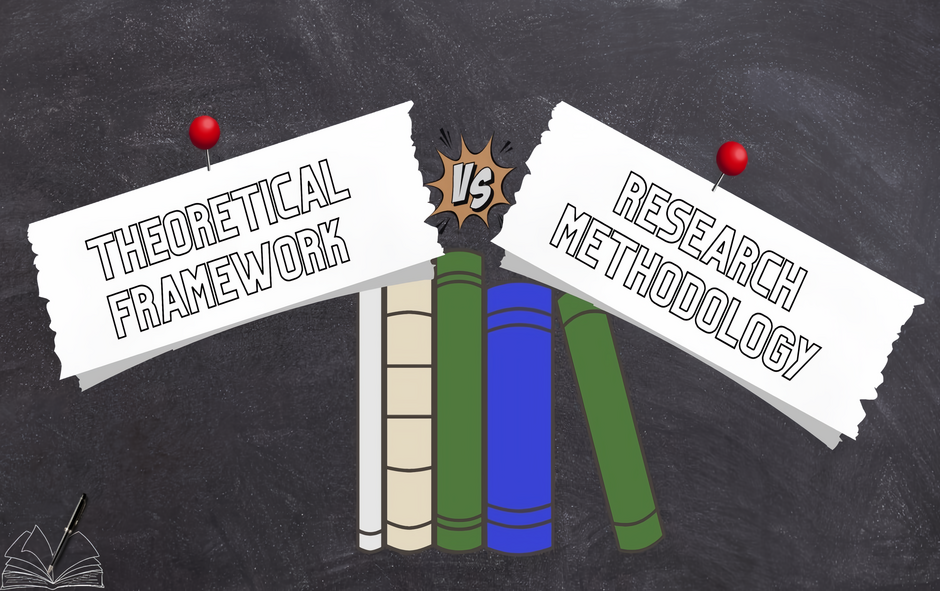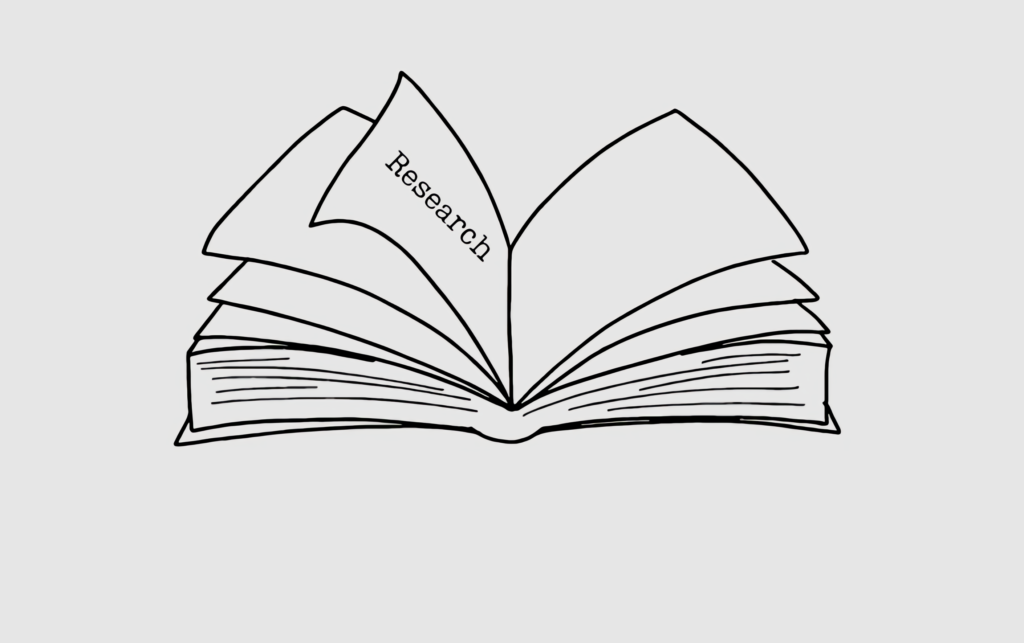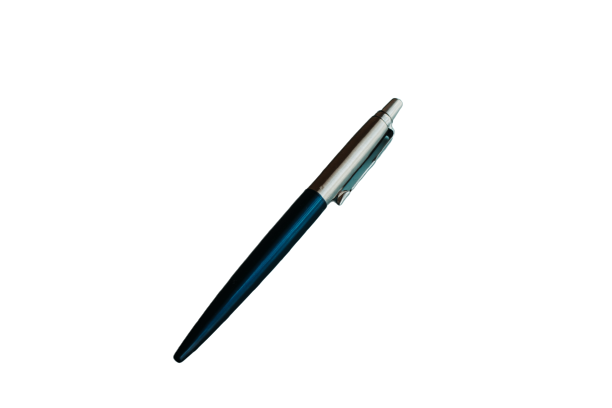Theoretical framework and research methodology are distinct components of a research project that serve different purposes. This article highlights a few stuff on the theoretical framework vs. research methodology. Here are 10 key differences between these two, along with examples to illustrate each point:
Purpose
-
- Theoretical Framework: Provides the conceptual basis and context for your research by outlining established theories, concepts, and models relevant to your study.
-
- Research Methodology: Methodology refers to the specific approach you will use to gather and analyze data, including the methods, techniques, and procedures.
Content
-
- Theoretical Framework: It consists of theoretical concepts, principles, and relationships that help explain the phenomena under investigation.
-
- Research Methodology: Involves the step-by-step process and techniques you will use to collect, analyze, and interpret data.
Scope
-
- Theoretical Framework: It is broader and pertains to the conceptual foundations of your study within the field.
-
- Research Methodology: Narrower and pertains to the practical aspects of how you will execute your research.
Origins
-
- Theoretical Framework: It is often built upon established theories and concepts in your field.
-
- Research Methodology: It is developed based on the specific research objectives and the nature of your data.
Examples
-
- Theoretical Framework Example: In a study exploring the relationship between student motivation and academic achievement, the Self-Determination Theory could be used as a theoretical framework.
-
- Research Methodology Example: If you’re using surveys to collect data, your methodology might involve designing the questionnaire, selecting the sample, distributing the surveys, and analyzing the responses.
Focus
-
- Theoretical Framework: Focuses on theoretical concepts and principles that underpin your research.
-
- Research Methodology: Focuses on the practical steps you will take to conduct your research.
Application
-
- Theoretical Framework: Applicable to a range of studies that share similar theoretical underpinnings.
-
- Research Methodology: Applicable specifically to your research project and how you plan to conduct it.
Position in the Research
-
- Theoretical Framework: Positioned at the beginning of your research project to provide context and rationale.
-
- Research Methodology: Described after the theoretical framework, outlining how you will carry out your research.
Influence on Results
-
- Theoretical Framework: Influences the conceptualization of your research questions and the interpretation of findings.
-
- Research Methodology: Influences the type and quality of data you collect, affecting the reliability and validity of your results.
Related Articles:
Writing Literature Review: 5 Essential Elements to Consider
Theoretical Framework vs. Conceptual Framework
Top 11 Chinese Universities that offer Online Chinese Language Courses
5 Literature Review Mistakes You Must Avoid
10 AI Tools Every Student Needs for Academic Success
Transferability
-
- Theoretical Framework: You can use it across various studies to guide research within the same theoretical domain.
-
- Methodology: It may be specific to your study due to variations in research questions, data sources, and practical considerations.
In essence, the theoretical framework sets the theoretical context for your research. Research methodology, on the other hand, outlines how you will practically implement your research design to answer your research questions. Both components are essential for conducting rigorous and well-structured research.













